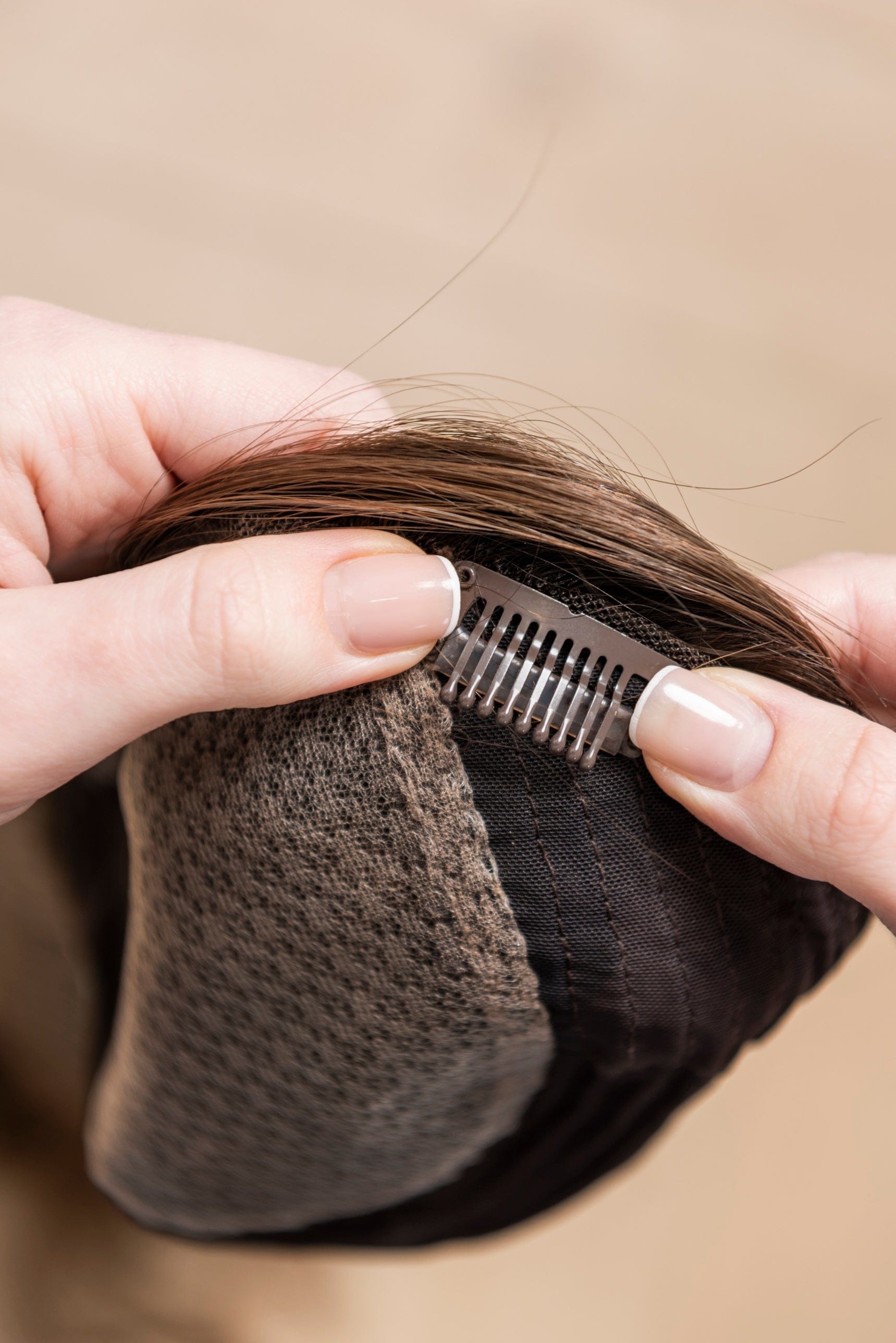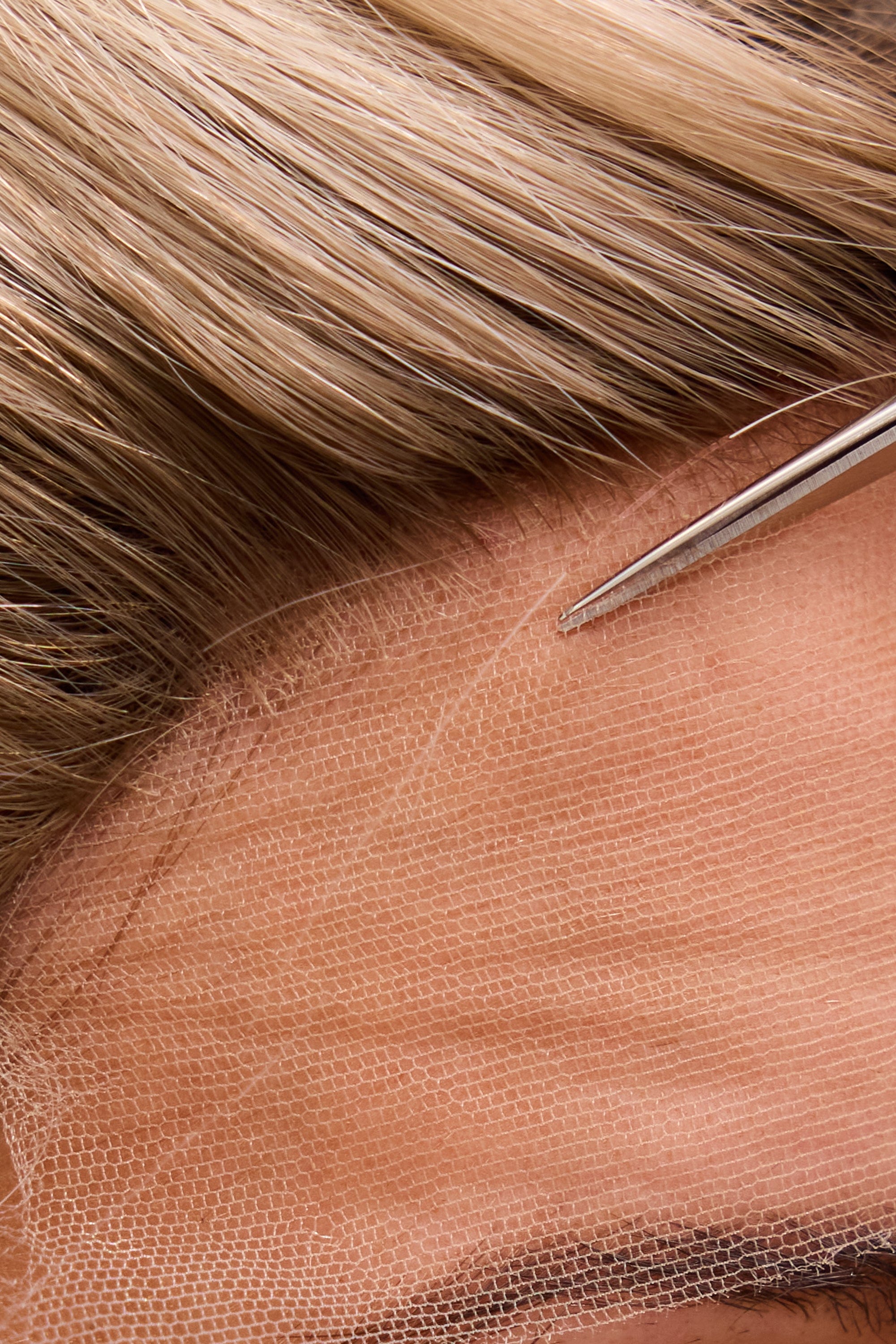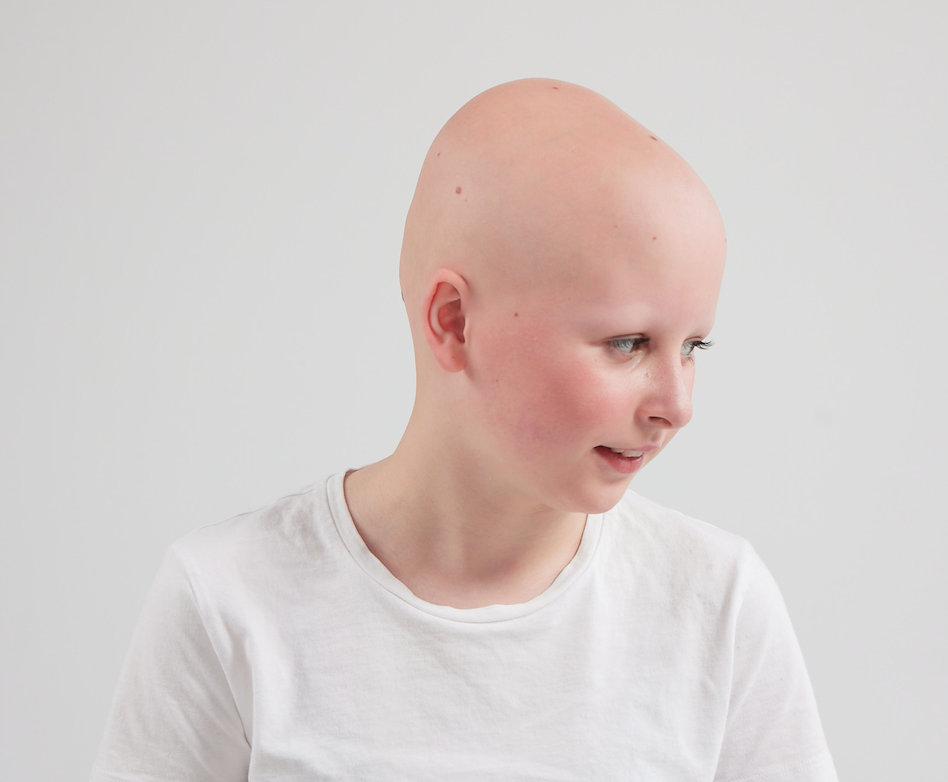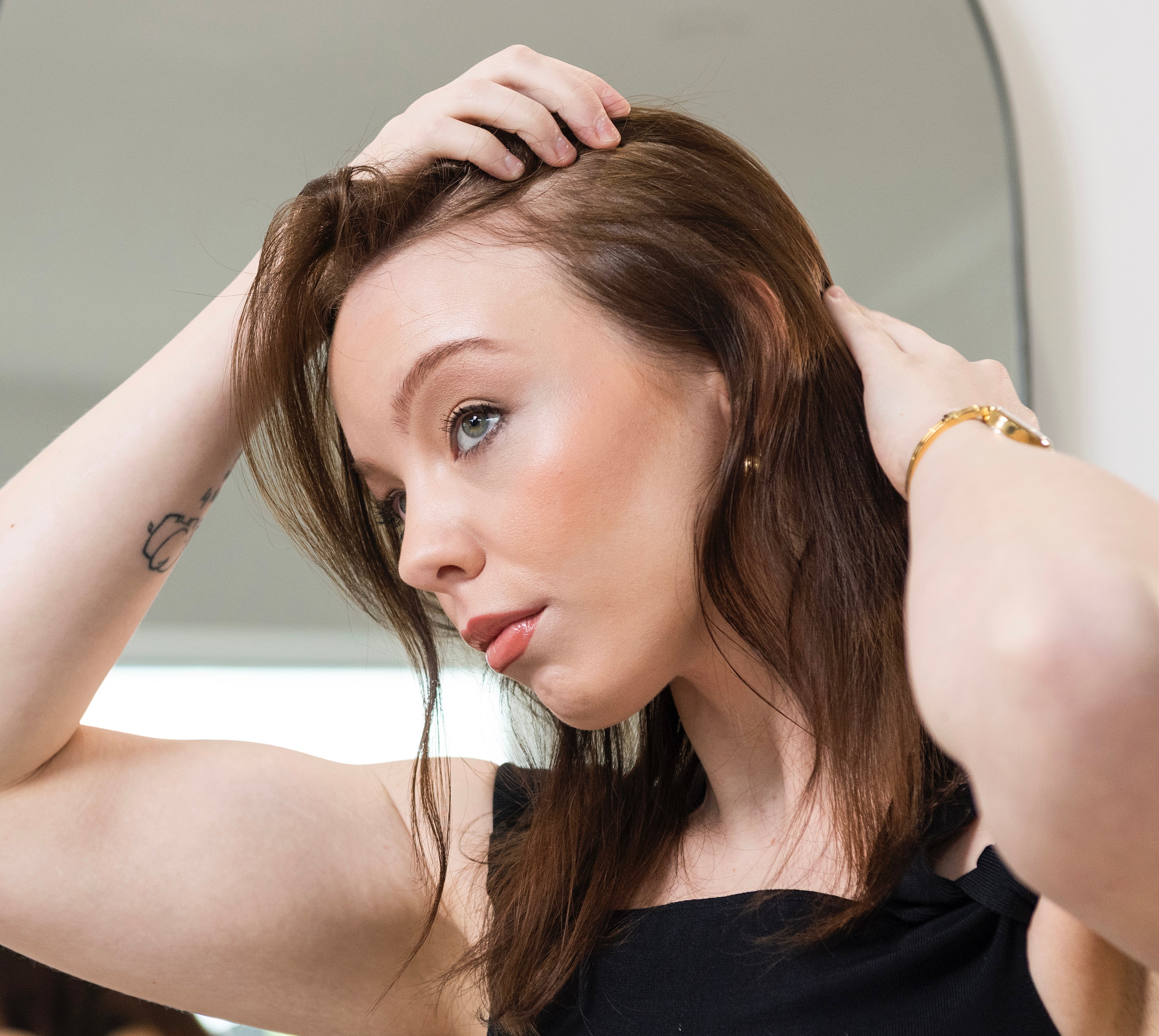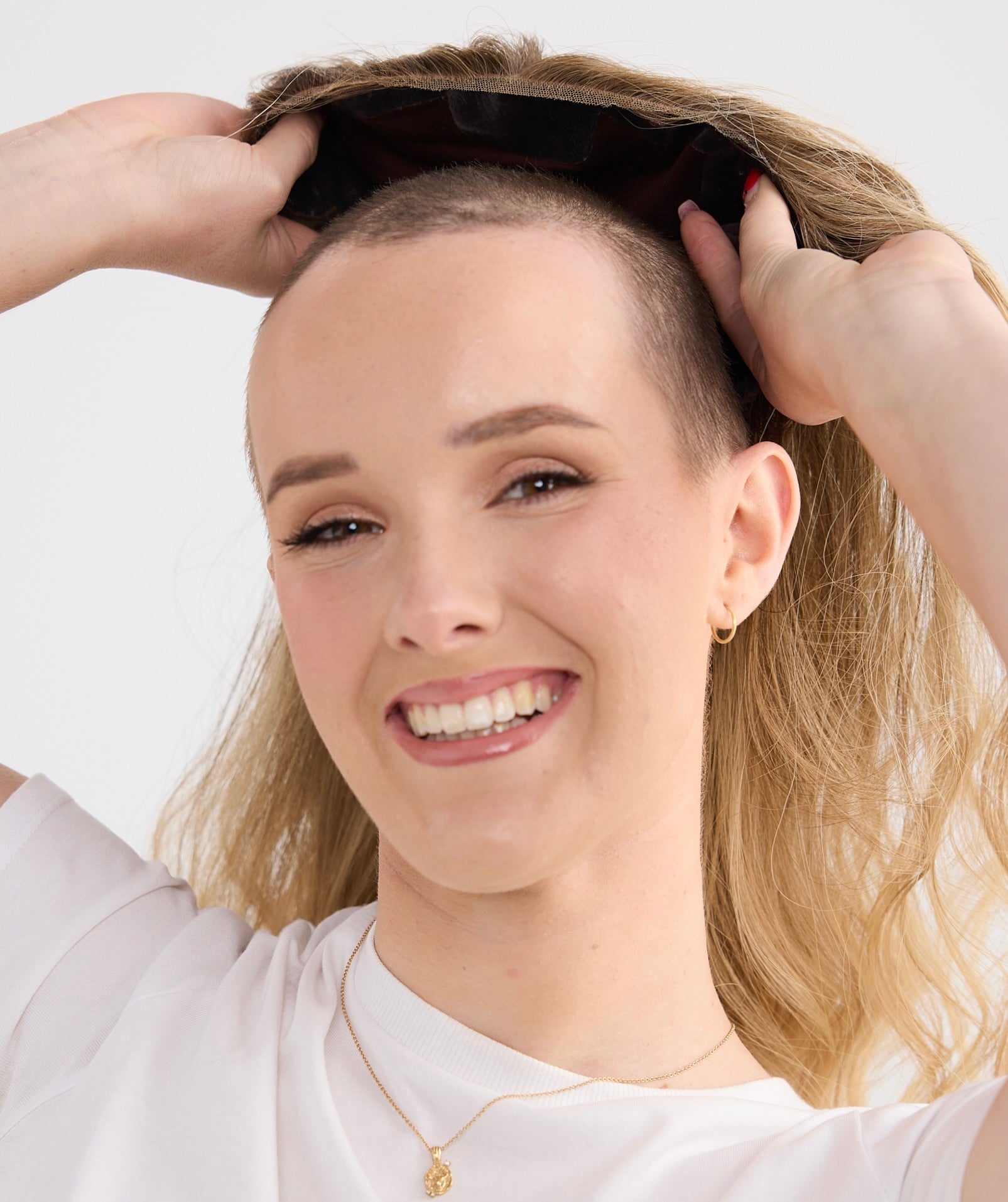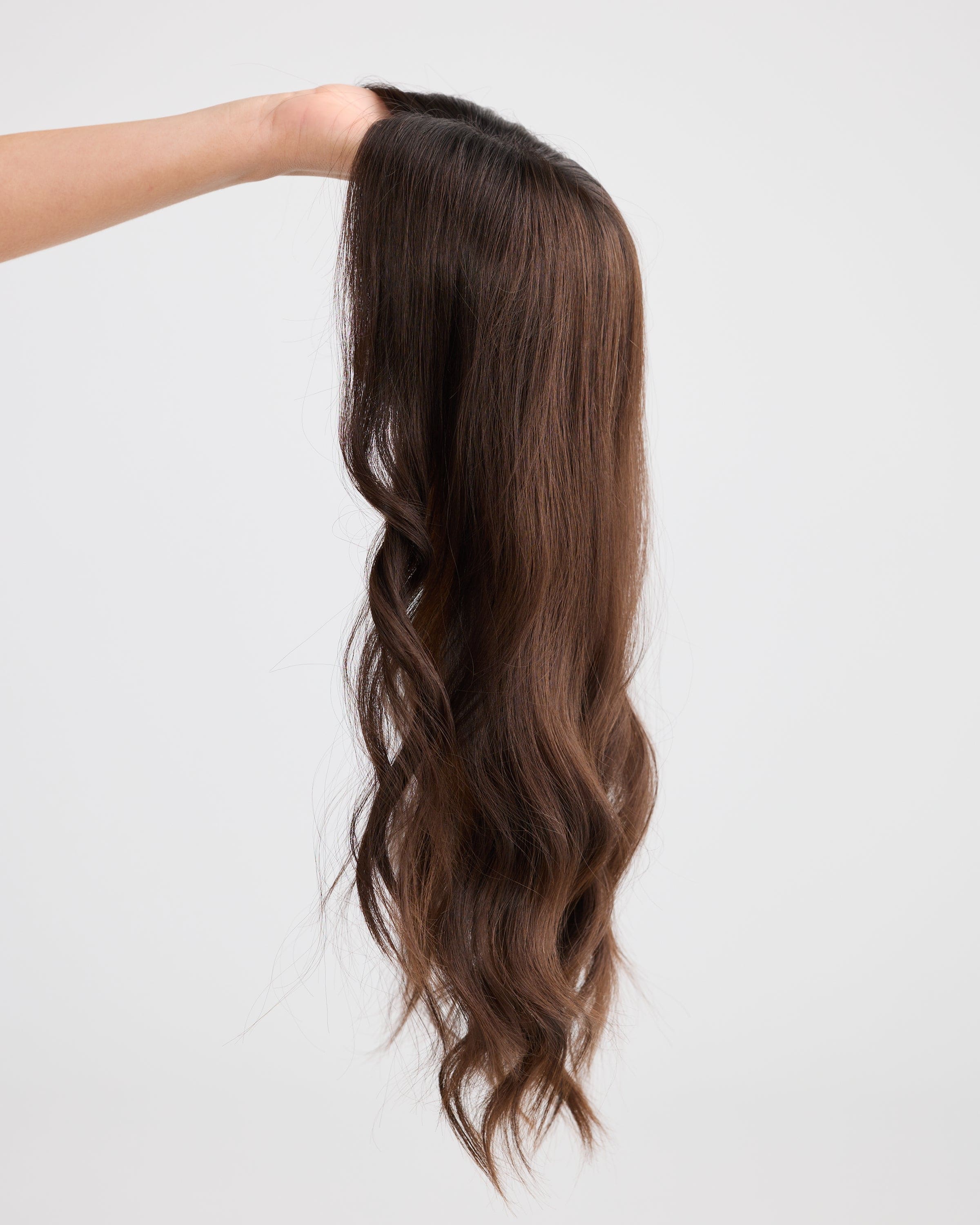Today we're talking about something that can be a little scary but it's important to address – hair loss as a sign of something more serious. There are so many forms of hair loss and most of them have no impact on your health. Alopecia in itself is not a 'dangerous' condition at all. So, most of the time, you don't need to worry about your health if you are losing your hair. However, there are times where hair loss can be a symptom or side effect of another more serious condition.
Here are a few conditions that are associated with hair loss:
Thyroid issues
The thyroid is a gland located in your neck. It produces hormones that regulate your metabolism. If your thyroid isn't doing its job properly, it can lead to a range of symptoms, including hair loss. Both an overactive thyroid (hyperthyroidism) and an under-active thyroid (hypothyroidism) can cause hair loss.
If you're experiencing symptoms of fatigue, weight changes and mood swings along with hair loss, it's important to chat with your doctor about getting your thyroid levels checked.
Autoimmune disorders
Autoimmune disorders occur when your immune system attacks healthy cells in your body. Some autoimmune disorders, like alopecia areata, specifically target hair follicles, causing hair loss.
But there's a range of other autoimmune disorders which can cause hair loss. These include lupus, rheumatoid arthritis, and Hashimoto's thyroiditis. If you're experiencing hair loss and other symptoms like joint pain or rashes, talk to your doctor about the possibility of an autoimmune disorder.
Nutritional deficiencies
We chatted about vitamin deficiencies in a previous post, but lacking certain vitamins can also cause hair loss. Vitamins such as iron, protein and biotin are super important for healthy hair growth.
If you're experiencing hair loss and suspect a nutritional deficiency, talk to your doctor about getting tested. In the meantime, try incorporating more nutrient-rich foods into your diet, like lean meat, fish, eggs, nuts, and leafy greens.
Polycystic ovary syndrome (PCOS)
PCOS is a hormonal disorder which affects women. It happens when the ovaries produce too much androgen, which can cause a range of symptoms including hair loss. Other symptoms of PCOS include irregular periods, infertility and being more prone to cysts on the ovaries.
If you think you might have PCOS, talk to your doctor about getting tested. There are different treatment options available, including birth control pills to regulate hormones, medications to control insulin levels, and lifestyle changes like exercise and a healthy diet.
So, what can you do if you're experiencing hair loss and think it might be a sign of something more serious? Firstly, talk to your doctor. They can help you determine the underlying cause and develop a treatment plan if you need.
In the meantime, take care of your hair and give it some extra TLC. This includes using gentle hair products, avoiding heat styling, and protecting your hair from the sun. And remember, hair loss doesn't define you – you're still a badass woman no matter what!




